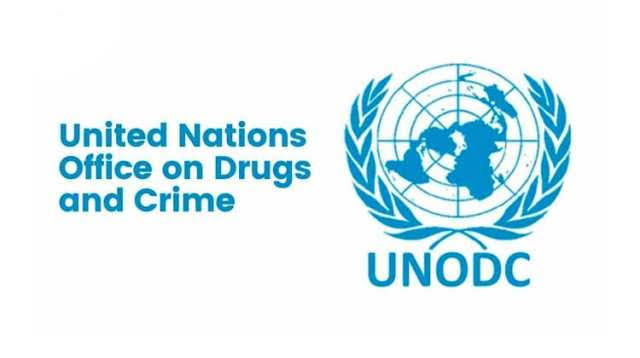As Nigeria kicks off activities for the 2025 World Drug Day, the United Nations Office on Drugs and Crime (UNODC) has sounded a strong warning over the nation’s alarming drug use statistics, revealing that over 3 million Nigerians currently suffer from drug use disorders.
This shocking revelation was made during an event held at the National Drug Law Enforcement Agency (NDLEA) headquarters in Abuja. UNODC Country Representative, Cheikh Ousman Toure, delivered the message through the Deputy Head of UNODC Nigeria, Danilo Campisi.
According to Campisi, Nigeria’s drug use prevalence stands at 14.4%—nearly three times the global average. He warned that the growing crisis, especially with opioids like tramadol, is not only a public health issue but also a major threat to national development, security, and peace-building.
“The drug problem in Nigeria is deeply intertwined with organised crimes such as human trafficking, illegal mining, environmental degradation, and the funding of extremist violence,” Campisi stressed.
He urged state governments to ramp up efforts by working with the NDLEA and relevant agencies to roll out prevention and treatment programmes tailored to their communities. “These are not luxuries—they are life-saving investments,” he said.
While praising the NDLEA’s ongoing efforts, Campisi emphasized that combating drug abuse requires joint responsibility from all sectors, including communities and civil society groups.
UNODC also reaffirmed its commitment to supporting Nigeria in building a rights-based, health-driven approach to drug control, in collaboration with government and community stakeholders.
Speaking at the same event, NDLEA Chairman, Brig. Gen. Mohamed Buba Marwa (Retd), called on Nigerians to actively join the fight against drug abuse and illicit trafficking.
“This is a collective responsibility. We must all work together to protect our youth and communities from the destructive grip of drugs,” Marwa stated.
World Drug Day is observed every year to increase global awareness of drug-related issues and to encourage stronger collaboration and action at all levels.












